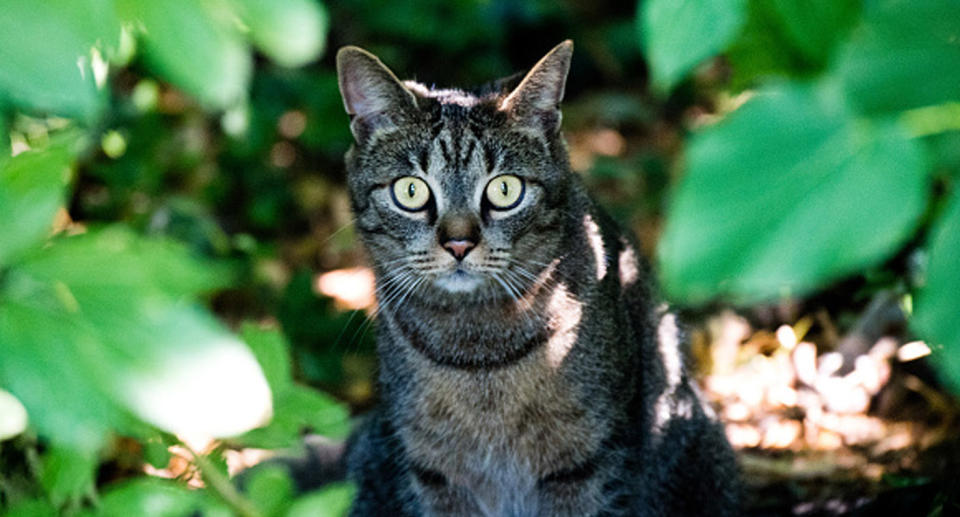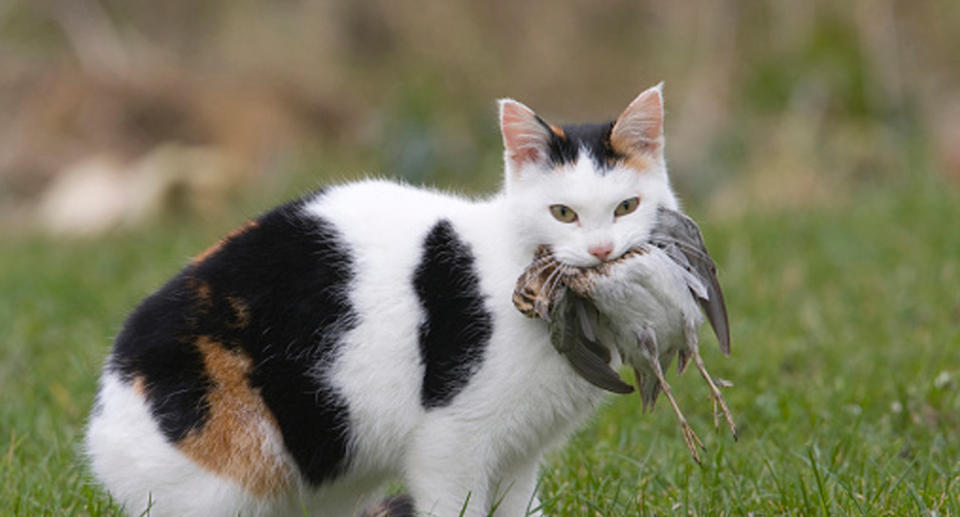Why a small town is planning to ban cats
A small town is planning to ban cats, saying that once pet cats die their owners will not be allowed to replace them.
The village of Omaui, on New Zealand’s south coast, blames cats for preying on local wildlife such as the iconic Kiwi bird and has put forward a proposed pest management plan and biosecurity strategy for the next decade.
“We’re not cat haters, but we’d like to see responsible pet ownership,” Omaui Landcare Trust leader John Collins told NewsHub.
“And this really isn’t the place for cats.”
In a move which has enraged cat lovers, the council wants to prevent owners from replacing their felines once they die.

“After that point there will be no new cats. Once your cat dies you won’t be able to replace them,” Environment Southland Biosecurity operations manager, Ali Mead told RadioLIVE.
The plan would also stop cat breeding and would prevent people from bringing new cats into the area. If the changes go ahead, existing pet owners will have six months to neuter and microchip their cats.
The plan specifically identifies Bengal cats, which were introduced to New Zealand before 1998, as a pest saying that they pose a threat to adult Kiwi birds.
“It is well documented that some Bengal cats have behaviours which make them unattractive as pets and increases the risk of owners wishing to get rid of them at worst by release into the wild,” the plan states.
The plan should be in operation by mid 2019, following a public submission, hearing and decision making process.

“These rules are designed to help manage the impacts of feral cats and support efforts already being undertaken at these locations to improve native biodiversity,” Jonathan Streat, Environment Southland’s Director of Operations said in a statement.
“At Omaui the proposal includes a rule which would, if adopted, require domestic cats to be desexed, microchipped and registered with Environment Southland within six months of commencement of the plan.
“After this six month period, no further domestic cats would be able to be registered or brought into the Omaui site. Once those registered cats reach the end of their natural life, they could not be replaced.”
Local wildlife is already seeing positive changes according to Ms Mead.
“The bird numbers are increasing, there’s lots of tui and bell-birds,” Ms Mead said.
“The community are wanting to find a way to look after them even more.”
The council is accepting public submissions on the plan from August 28 to October 2.
In July, a local council on the south west fringe of Sydney was calling for the State Government to cap the amount of cats that non-breeders can own in New South Wales.
Simon Landow, councillor at Wollondilly is lobbying for the cat limit and compulsory de-sexing of cats for non breeder owners.


